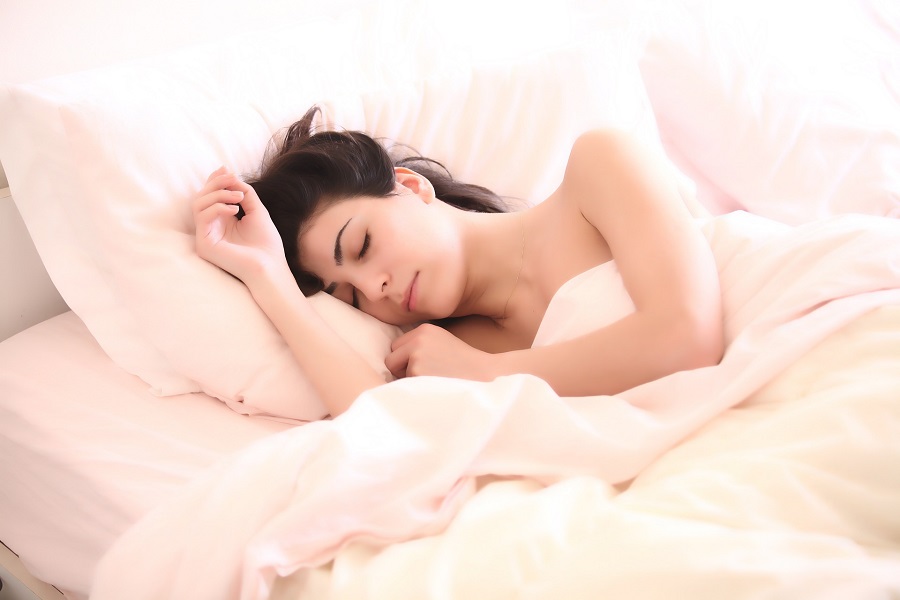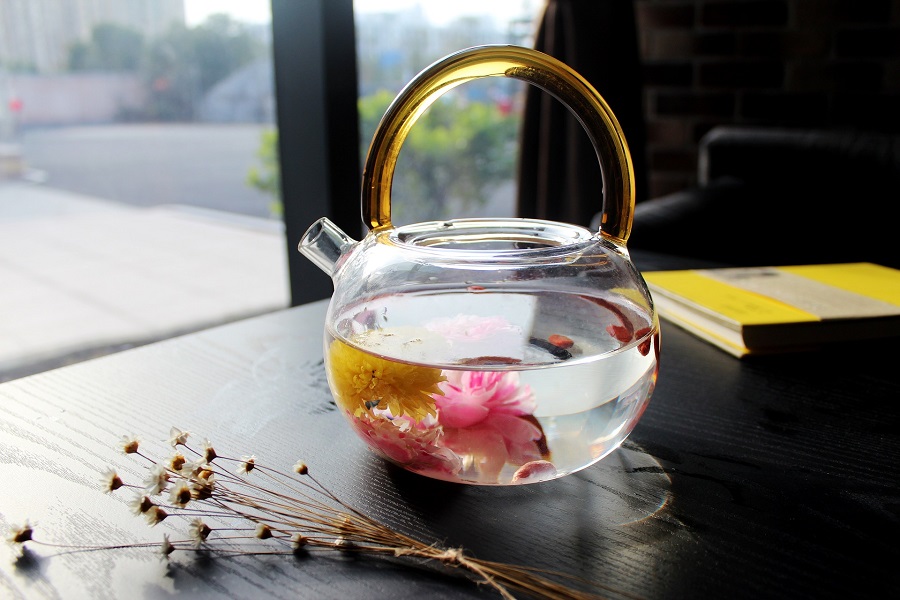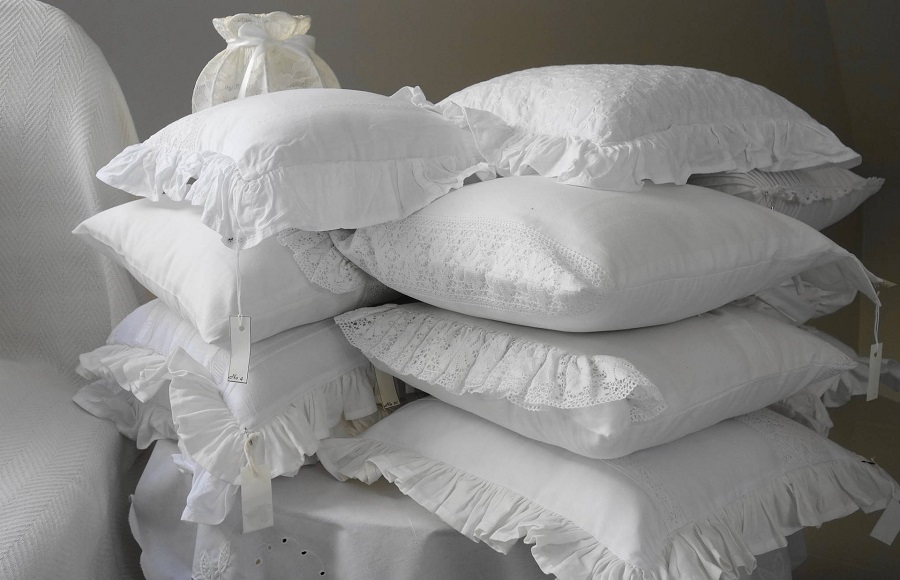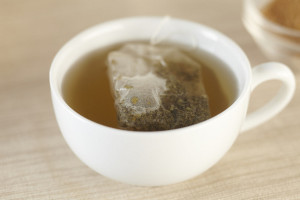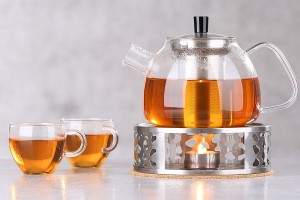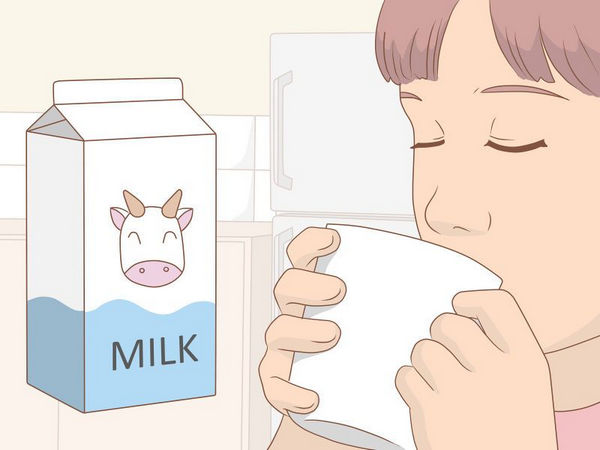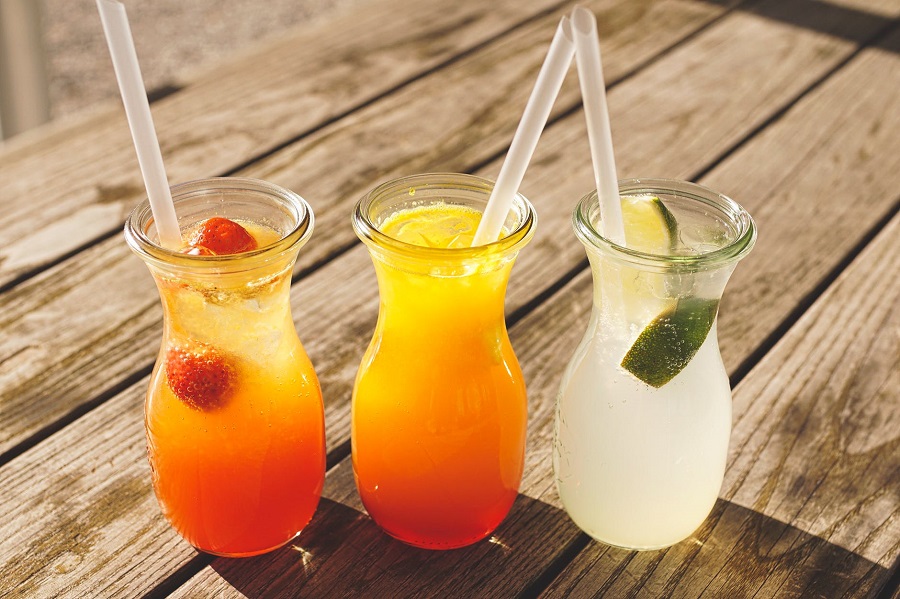Can you be addicted to tea?
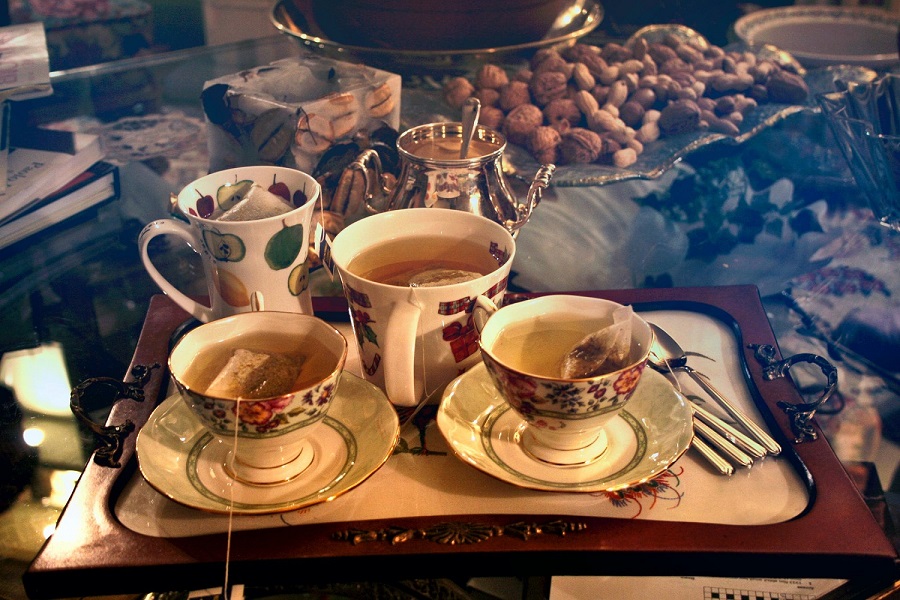
In many parts of the world, tea is drunk each morning or in the afternoon to make people feel more alive. And tea indeed has a lot of health benefits that can help you fight against certain diseases. But is it possible for you to get addicted to tea, just like towards coffee?
The key lies in the effects of caffeine. By triggering a large amount of adrenaline in your body, caffeine leaves you to feel alert and more energized. However, if consuming tea in a large dose, you may notice it works not that well and you begin to drink more to have the effect you used to experience. And while the effect of caffeine is wearing off gradually, your body is releasing chemicals that dampen the alert response, which will leave you feeling worse eventually. This is exactly when you start to be addicted to tea.
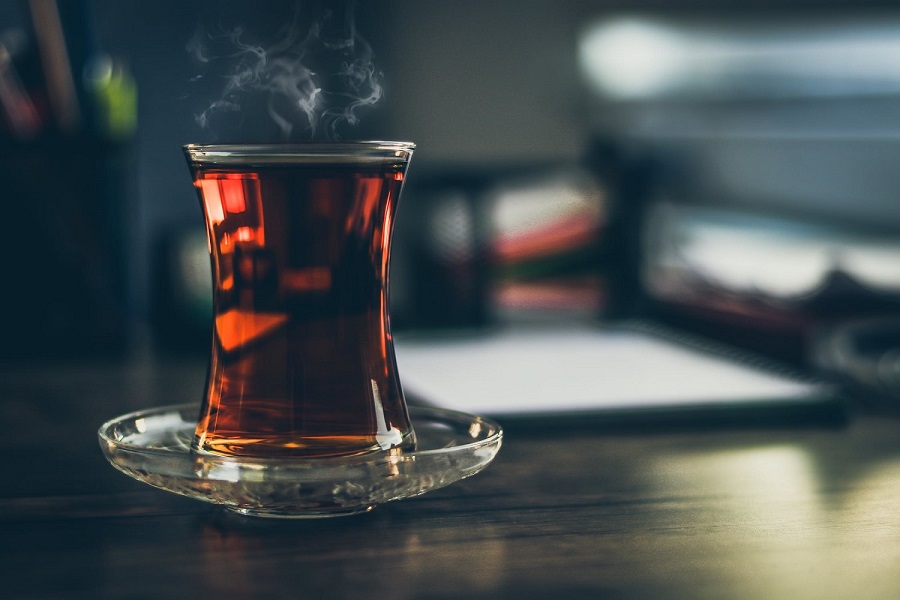
Another useful method to determine caffeine addiction is to check whether you have a withdrawal reaction. Typically, a caffeine-addicted person is likely to experience headaches, muscle aches, feelings of irritability or fatigue. If these symptoms immediately disappear after you resume your normal caffeine consumption, you could possibly have some form of addiction.

The good news is that the caffeine contained in tea is much less than in coffee, energy drinks or caffeine pills. It is found that there are only 14-61 milligrams of caffeine in a serving of tea (including white, green, and black tea), while a cup of coffee generally has about 100 milligrams. That is to say, you are less likely to develop an addiction to tea compared with coffee. Unless you are regularly drinking tea that regularly runs into double figures per day, there’s probably no need to panic.
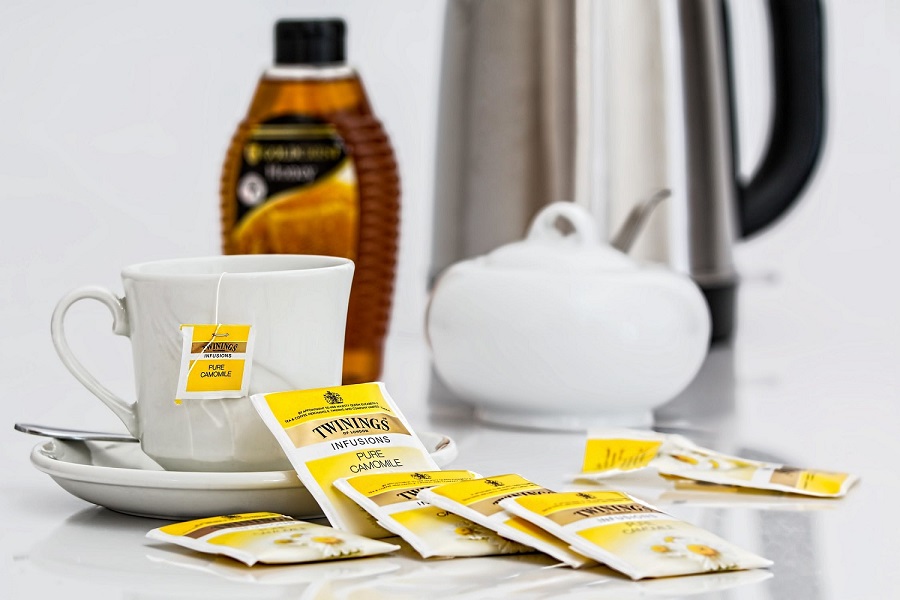
If you have been addicted to tea, you still have some things to improve the situation. By limiting the amount of caffeine, you can use one teabag for multiple servings of tea, shorten the time you brew your tea or control the temperature of the water of your tea. Since the amount of caffeine varies in different tea, you can also choose green tea, white tea, herbal tea and other caffeine-free options instead of that caffeine-rich tea like black tea and oolong tea. Remember, the process of preventing caffeine addiction should be rather slow until you’ve been used to your new tea-drinking routine.







